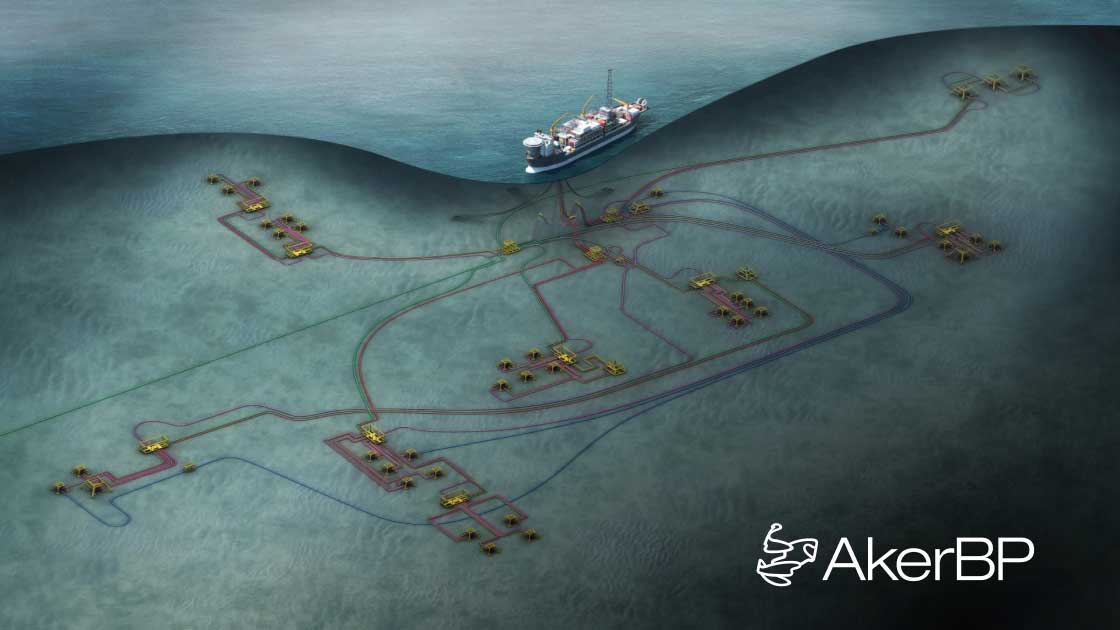Challenge
90% of industrial companies struggle to roll out their solutions at scale
The oil and gas industry is awash in digital initiatives, pilot projects, and proofs of concept. Despite this enthusiasm for digital transformation, research conducted by Forrester shows that about 90% of industrial companies struggle to achieve their digital initiatives and roll out their solutions at scale.
There are many reasons why oil and gas companies struggle to scale their solutions. One of the most common obstacles is a lack of access to liberated, contextualized, and flexible data.
In one example of what this obstacle looks like in practice, a multinational oil and gas corporation had a portfolio of use cases, and it was using PI Asset Framework, along with spreadsheets, to scale the use cases across sites. Due to manual, time-consuming data management processes, an entire use case rollout could take up to nine months, significantly delaying the value outtake.
To prepare a site for applying a use case, the company’s data analysts first had to identify, or verify, that the correct time series mapped to the various properties needed, as well as evaluate and potentially remediate the quality of the data. This was a challenge due to large discrepancies in how the data was stored, how the time series were named, and what format the data was in from site to site. The data quality of every time series has to be checked one by one, which further delayed the rollout.
With a more efficient approach to mapping time series to properties and verifying data quality, the company could cut weeks off the time it takes to roll out a use case to a new site. Successful use cases could then be scaled faster, reducing the time to value.
Solution
Making solving and scaling digitalization use cases profitable
With Cognite’s software products, the business case for solving and scaling digitalization use cases becomes more profitable.
Cognite Data Fusion® streamlines each phase of the data science application development process, from prototyping to deployment. Cognite Data Fusion® decreases the cost of developing use cases by making it faster to build and deploy data science models and applications, and it also increases the value of each use case by making it easy to scale them to fleets of assets.
Cognite Data Fusion® supports a range of business applications—developed by Cognite, third parties, and customers themselves—that take advantage of liberated, contextualized data and the open API and SDKs.
In this example, Cognite worked with the multinational oil and gas corporation to liberate time series data from OSISoft PI and ingest it into Cognite Data Fusion®. Cognite’s Customer Success team then deployed an intuitive front end that enabled users to map time series to properties (of configurable templates) and simultaneously verify the data quality. The application can also automatically populate more properties based on patterns identified by a machine learning algorithm.
The application is the first step towards automating the entire process of mapping time series to properties. As the company’s data analysts perform mappings in the application rather than in Excel spreadsheets and various other tools, more and more steps of the process can be augmented and automated.
Impact
Faster, safer, more sustainable operations
Cognite Data Fusion® makes industrial data more accessible and meaningful to humans and machines, helping companies innovate faster and scale more broadly.
In this example, the property mapping application, running on time series data ingested into Cognite Data Fusion®, helped the multinational oil and gas corporation reduce the time it takes to roll out a use case by at least one month. The application also improved the central production optimization team’s workflow:
- Data analysts now spend almost no time on gathering data and less on manually mapping each individual time series to the correct property.
- Democratized access to the data sources simplifies the process and training required for new team members to support the property mapping effort.
Ultimately the savings could be greater. By making use cases easier to implement and scale, the company can roll out its digital solutions worldwide. This amplifies the value of each new use case, making the company’s operations faster, safer, and more sustainable.


